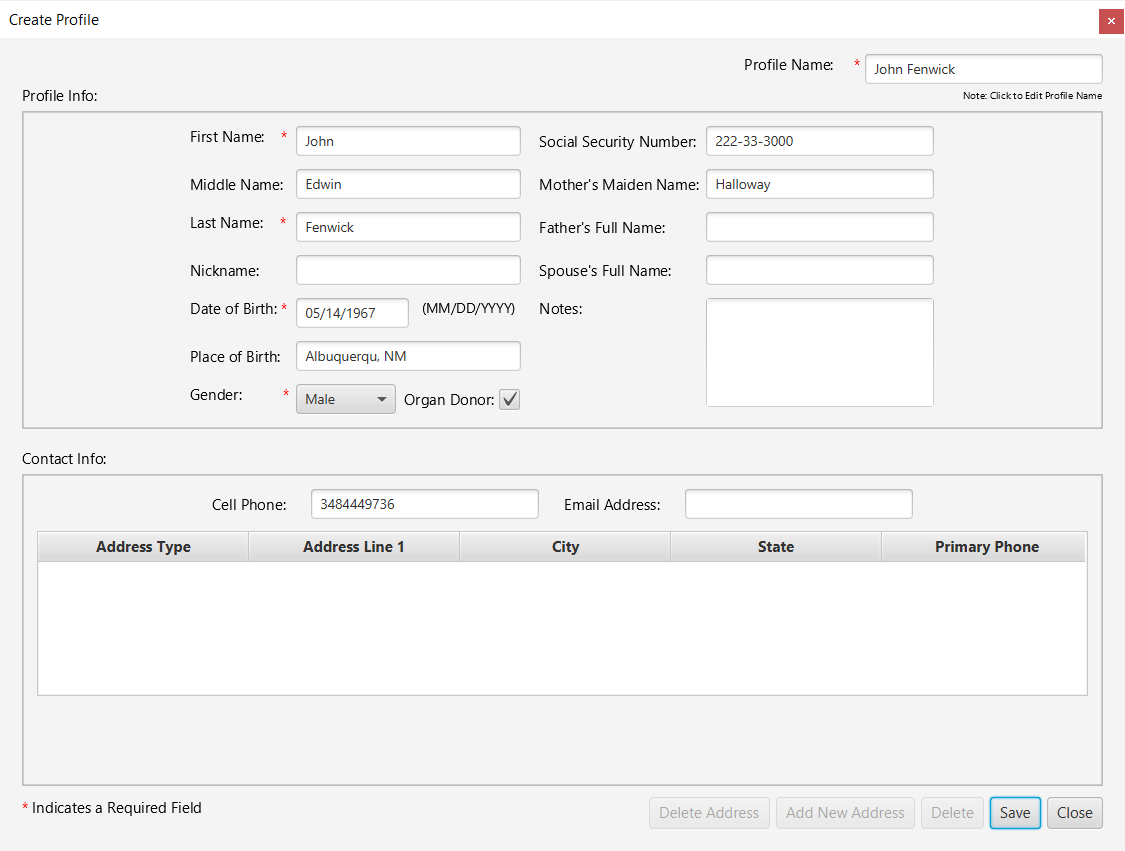How to keep personal records
Keeping Records
Are you good at keeping records? Can you locate your insurance policies… your will… property deeds? If you are like many people, you may not be able to find vital documents when you need them, especially on short notice. A good home record keeping program can save you time, money and frustration. If you have important documents and papers scattered everywhere you are taking unnecessary risks. You could even lose track of valuable assets altogether! Descendants or inheritors may never receive what you intended. There's nothing more important than keeping personal records. Record Tree® home record software will show you how. You could waste hours or days trying to find things when you need them. You could even lose track of them altogether!

Serious Illness
If you were suddenly ill, who would manage your affairs, and how would that person gain access to your important documents? Would they have durable power of attorney to act on your behalf? By making these plans ahead of time, and with the help of Record Tree®, you ease the stress on your loved ones.





